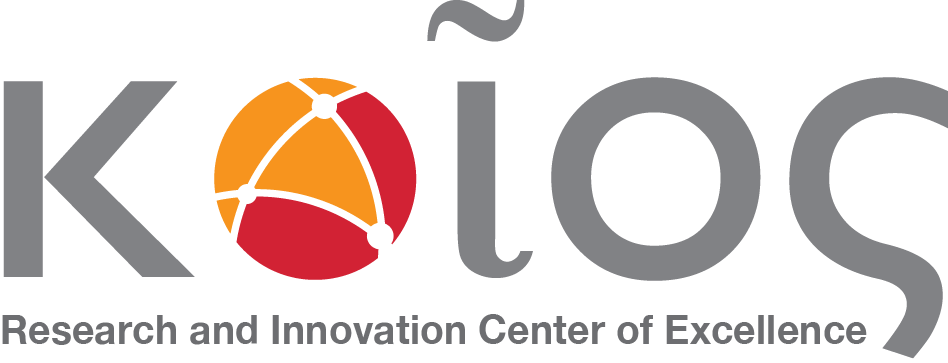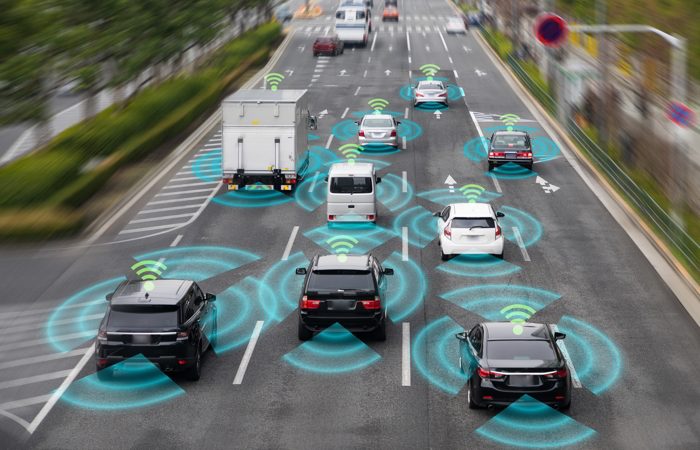The Innovation project CARAMEL (Artificial Intelligence-based Cybersecurity for Connected and Automated Vehicles), funded by the EU Horizon 2020 program, came to an end by opening promising new research avenues in the field of innovative anti-hacking solutions for the future of Connected and Automated Vehicles (CAVs).
 The CARAMEL project partners, have developed several innovative tools and solutions based on Machine Learning (ML) and Artificial Intelligence (AI) for holistically enhancing the cybersecurity aspects of CAVs, thus contributing to the long-term vision of safer roads with zero fatality.
The CARAMEL project partners, have developed several innovative tools and solutions based on Machine Learning (ML) and Artificial Intelligence (AI) for holistically enhancing the cybersecurity aspects of CAVs, thus contributing to the long-term vision of safer roads with zero fatality.
The solutions ranged from ML algorithms to protect against malicious attacks on various sensors that are used by a vehicle to perceive its environment, detection of attacks on message exchanges between vehicles, detecting spoofing attacks on external sources of information such as GPS, defending against electromobility infrastructure abuse, and anomaly detection algorithms for remotely connected vehicles. The solutions have been integrated in embedded platforms and real autonomous vehicles and validated both experimentally on the field and in simulated environments.
The KIOS Center of Excellence research team developed two innovative solutions for detecting cyber-attacks against vehicles. The DriveGuard solution uses AI techniques to detect and mitigate attacks to the CAV’s camera system. These attacks have the power to disturb the original images captured by the camera sensor and affect the situational awareness of the CAV while moving. (e.g., “hide” speed signs, red traffic lights, nearby pedestrians, etc.) The GPS location anti-spoofing solution is an in-vehicle detection scheme that leverages multi-source data fusion from on-board sensors to timely and reliably detect and mitigate GPS location spoofing attacks. Such attacks may impact the CAV’s location awareness, e.g., causing it to collide with other vehicles/obstacles.
CARAMEL project partners have developed several simulation demonstrations to present the results of their research and integrations in mitigating cyber- attacks on autonomous vehicles. Over 14 scientific papers and articles have been published in international conferences and high-impact journals. The KIOS research team has authored/coauthored 7 of those publications, while also releasing an online webinar related to the detection and mitigation of camera sensor attacks on CAVS. Additionally, the consortium ensured a strong presence at trade fairs and exhibitions, including the IoT Solutions World Congress 2022 celebrated in Barcelona and released a series of video demonstrations. In June, the project achieved a significant milestone at Panasonic’s facilities in Langen (Hessen), Germany, so the project results were successfully presented to a panel of external observers.



